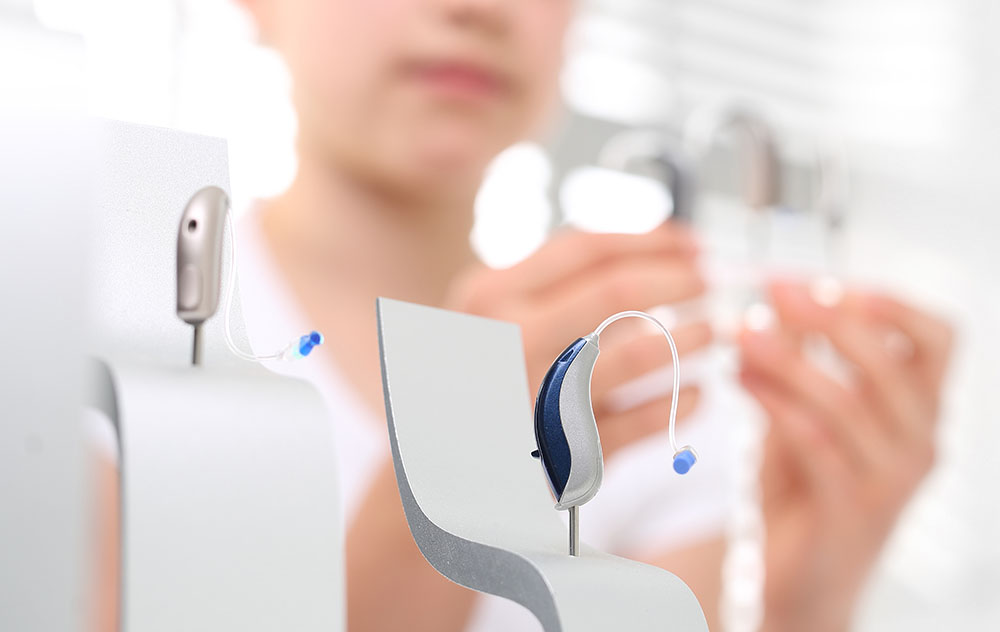Hearing Aids and Their Benefit to Society
According to various surveys of patients experiencing hearing loss, most


According to various surveys of patients experiencing hearing loss, most

Hearing loss affects approximately 48 million Americans, with nine out of

Hearing protection devices are vital pieces of equipment designed to keep